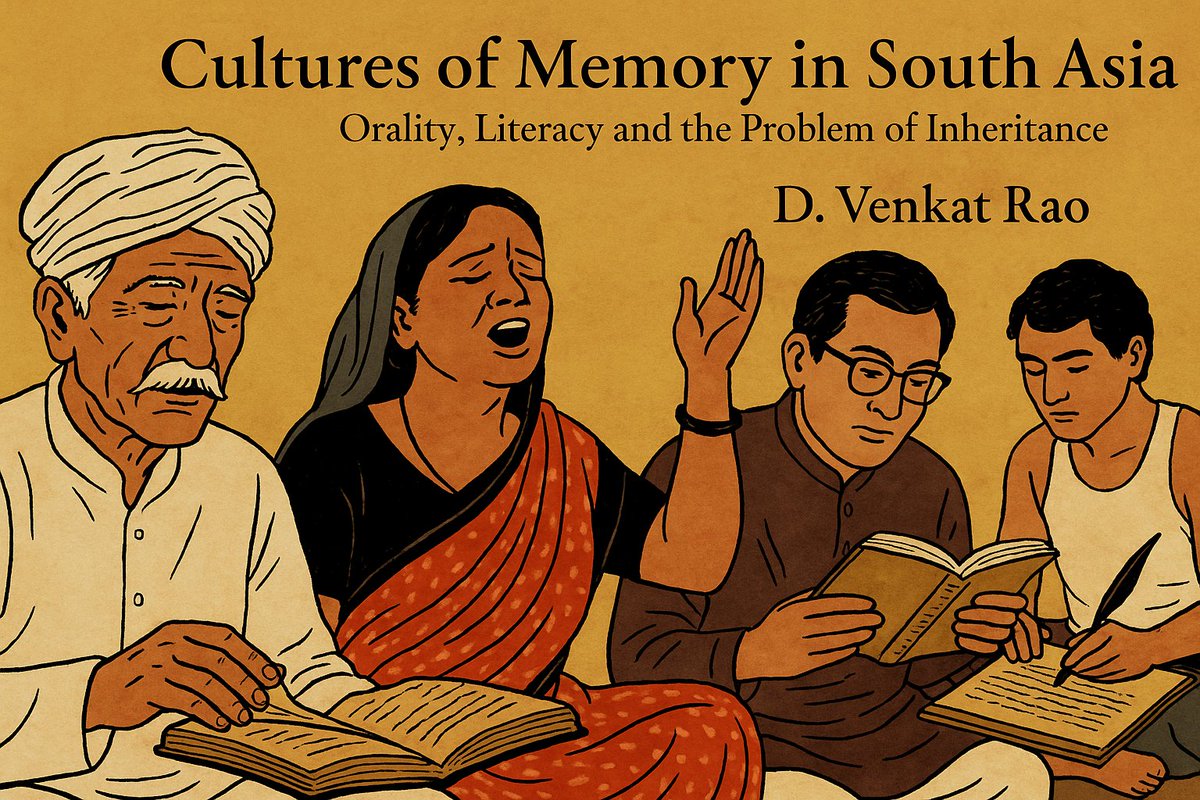~ A private teacher in one of the local schools in Varanasi. (c. 1870). From the Archaeological Survey of India Collections 

~ A Mussalmaum Schoolmaster (original title)
by Sir Charles D'Oyly (1781–1845), undated, from Paul Mellon Collection
by Sir Charles D'Oyly (1781–1845), undated, from Paul Mellon Collection

From my earlier thread on schools/colleges/Universities in British India.
https://twitter.com/Anuraag_Shukla/status/1425833575308357655?s=20
• • •
Missing some Tweet in this thread? You can try to
force a refresh














